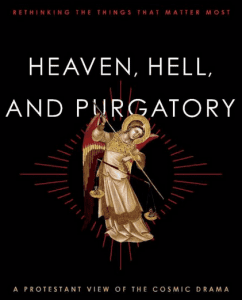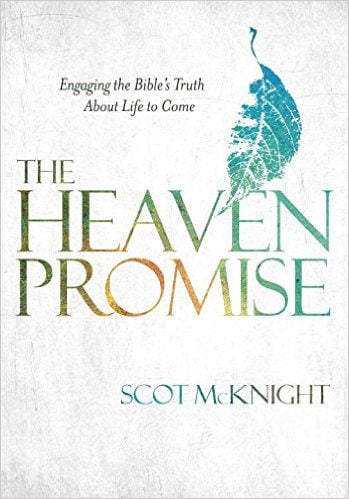 Here’s how he sums up the problem:
Here’s how he sums up the problem:
Let’s face it, the Christian notion that heaven will wipe away all tears is a staggering thought. If heaven is real, no doubt there are many rapists, murderers, and terrorists who will be there along with their victims. Is this idealistic nonsense? Is it a moral absurdity? Or is it a profoundly moral hope?
So Jerry Walls, Heaven, Hell, and Purgatory, 144. Walls opens by discussion the famous Ivan scene/discussion/rhetoric in Brothers Karamazov. He then tells the story of a rapist-murder-convert-in-prison.
What to say? What does heaven mean? What does justice mean? What does repentance, forgiveness, reconciliation mean for life’s deepest, dark, abyss-shaped tragedies?
Walls asks Who has the moral high ground here?
The atheist who claims belief in a good God in a world of unspeakable evil is illogical? But some contend from unspeakable evil that there must be a God who will make things right. So the Rebbe said to Elie Wiesel after Wiesel said he could not believe in God after the Holocaust; the Rebbe asked How can you not believe in God after the Holocaust? (My point about Wiesel.) Hope for rectifying the wrongs is reasonable and a higher moral ground.
The apostle Paul earned the right to speak about suffering and eschatological hope for justice (just read 2 Corinthians 11:24-27).
The supreme good of life is to know God and to see God’s face. If that is the supreme good that brings life meaning and joy, then knowing God is the supreme end of life. Such a theory of the supreme good can counter unspeakable evil. This is the argument of Marilyn McCord Adams:
If a face-to-face vision of God is an incommensurate good for human beings, that will surely guarantee, for any cooperative person who has it, that the balance of goods over evils will be overwhelmingly favorable. Indeed, strictly speaking, there will be no balance to be struck. And no one who received such benefits would have any claim against God’s justice or complaint against his love. God will have bestowed on those who see him “up close” as great a good as such a finite container can take (147).
And, she argues, God can remake, reshape, and reconfigure out lives — maintaining personal identity — in such a way that joy will overcome unspeakable evil.
But is forgiveness of perpetrators morally good or is it irrational and complicit in injustice? Forgiveness, grace, unconditionality — each combined with repentance, reconciliation, and transformation are the building blocks needed to construct a Christian view of heaven as a place where all will be made right.
What about tears over those who do not embrace God, for those who are in hell? He does not think the Calvinist view of hell being the dark backdrop for the grace of heaven is adequate. He appeals to CS Lewis: Shall the misery of the loveless blackmail the joy of the beloved?
In other words, here’s Walls’ approach:
It is the difference between believing that even the best things of life are destined to come to a tragic end and believing that even the worst things can come to a comic end (161).










